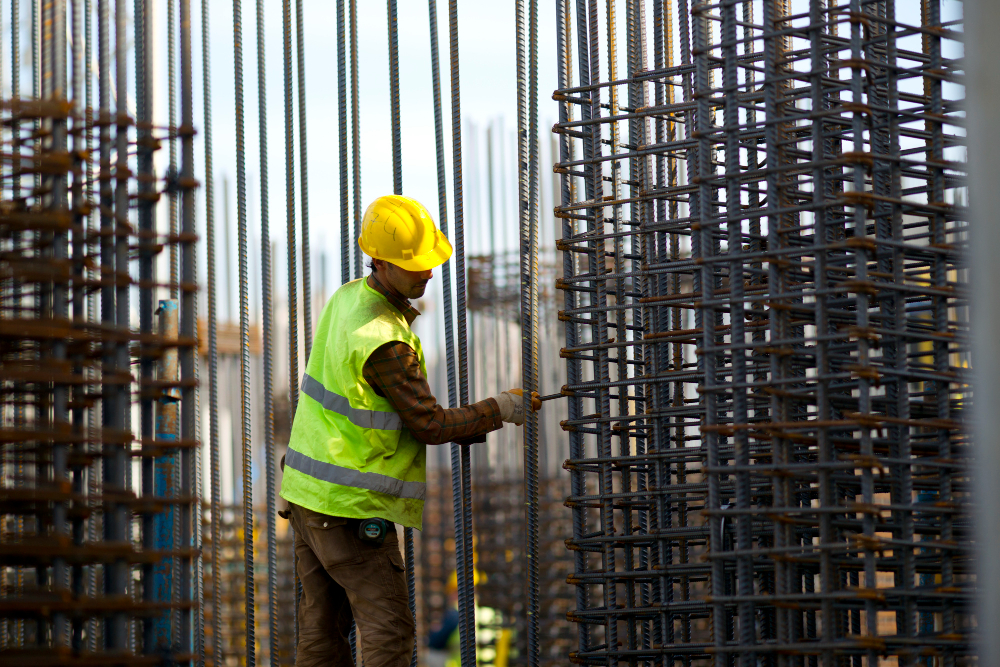As we become increasingly aware of the impact of buildings on the environment and the well-being of their occupants, the demand for smarter and more efficient building solutions is growing rapidly. Enter Building Management Systems (BMS), an innovative technology that has revolutionized the way buildings are operated and maintained. In this blog post, we will explore how the use of BMS can significantly improve the performance and efficiency of building systems, leading to reduced energy consumption, enhanced occupant comfort, and prolonged system lifespan.
Understanding Building Management Systems (BMS)
A Building Management System, also known as a Building Automation System (BAS), is an integrated network of hardware and software that enables centralized monitoring, control, and optimization of various building systems. These systems may include heating, ventilation, air conditioning (HVAC), lighting, security, fire alarms, and more. BMS technology offers real-time insights into a building’s operations and facilitates the automation of tasks, allowing building operators and facility managers to make data-driven decisions for better efficiency and performance.
Energy Efficiency through Smart Control
One of the most significant advantages of BMS technology is its ability to enhance energy efficiency. By integrating with sensors and meters, the BMS can collect and analyze data on energy usage throughout the building. This data-driven approach enables the BMS to optimize energy consumption by adjusting HVAC settings, lighting levels, and other building systems based on occupancy patterns and environmental conditions. As a result, unnecessary energy wastage is minimized, leading to substantial energy savings and reduced carbon emissions.

1. Improved Occupant Comfort
A comfortable indoor environment is crucial for the well-being and productivity of building occupants. BMS technology plays a vital role in ensuring optimal occupant comfort by maintaining consistent temperature, humidity levels, and adequate lighting. Through real-time monitoring and control, the BMS can respond dynamically to changes in occupancy and environmental conditions, creating a pleasant and productive atmosphere for those inside the building.
2. Proactive Maintenance and System Longevity
BMS technology enables predictive and preventive maintenance of building systems. By continuously monitoring the performance of equipment and detecting early signs of wear or malfunction, the BMS can alert facility managers to potential issues before they escalate. This proactive approach to maintenance helps avoid costly breakdowns and prolongs the lifespan of building systems, leading to better return on investment (ROI) for building owners.
3. Centralized Monitoring and Control
In large commercial buildings or complex facilities, managing multiple systems can be challenging. BMS technology streamlines the process by providing a centralized platform from which operators can monitor and control various building systems. This centralized control simplifies operations, increases efficiency, and enables quick responses to changing conditions or emergencies.
4. Integration and Scalability
BMS technology is designed to be scalable and adaptable. It can integrate with existing building systems and is compatible with new technologies as they emerge. This flexibility allows building owners to expand or upgrade their systems over time without the need for extensive overhauls, making it a cost-effective and future-proof solution.
Conclusion
Building Management Systems (BMS) have emerged as a game-changer in the construction and facility management industries. By leveraging BMS technology, building owners and operators can achieve substantial improvements in the performance and efficiency of their buildings. From optimizing energy consumption and enhancing occupant comfort to prolonging the lifespan of building systems and enabling centralized monitoring and control, the benefits of BMS are far-reaching. As sustainability and operational efficiency continue to be at the forefront of building design and management, BMS will play an increasingly critical role in shaping the future of smart and eco-friendly buildings. Embracing BMS is not just an investment in the present but a step towards a greener and more intelligent future for the built environment.



Leave a Reply